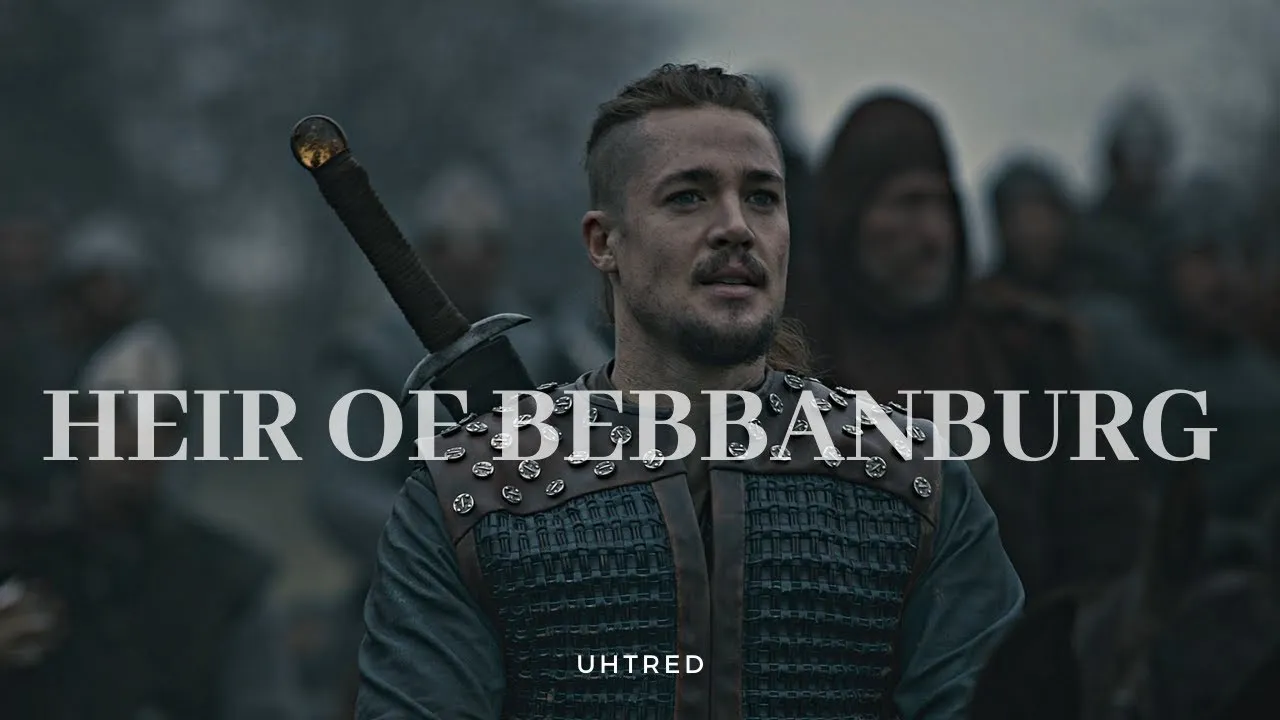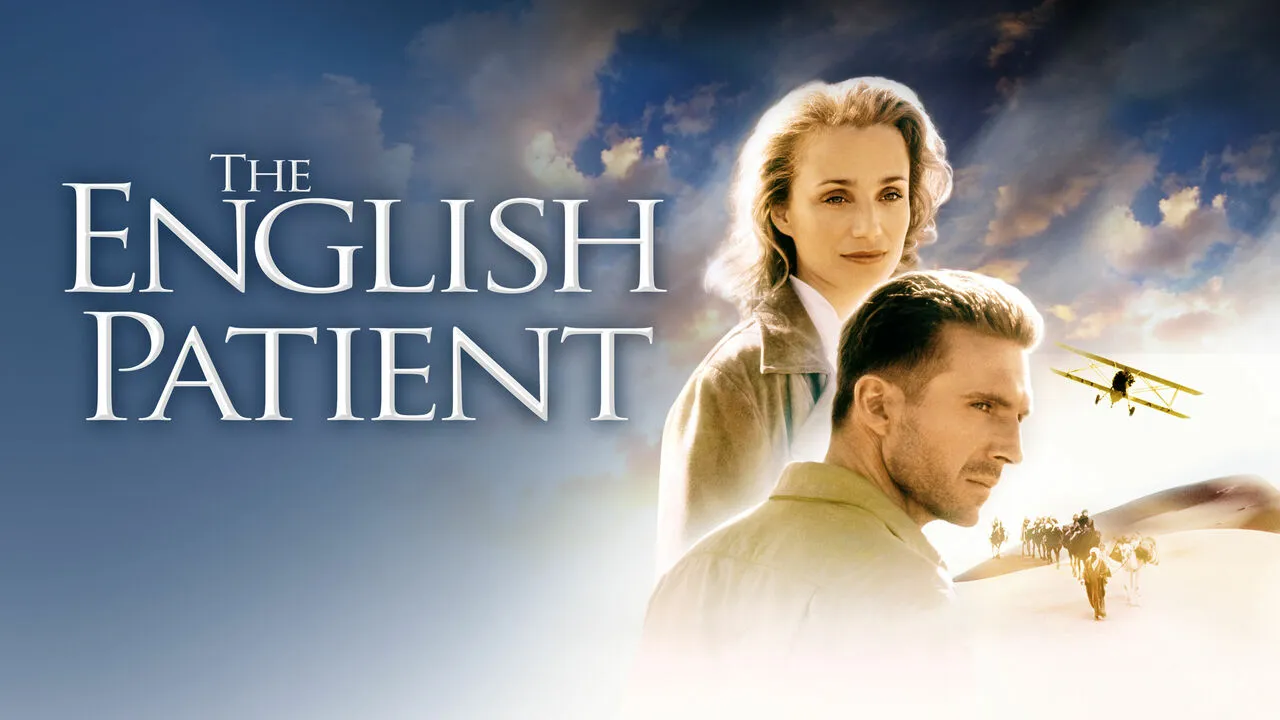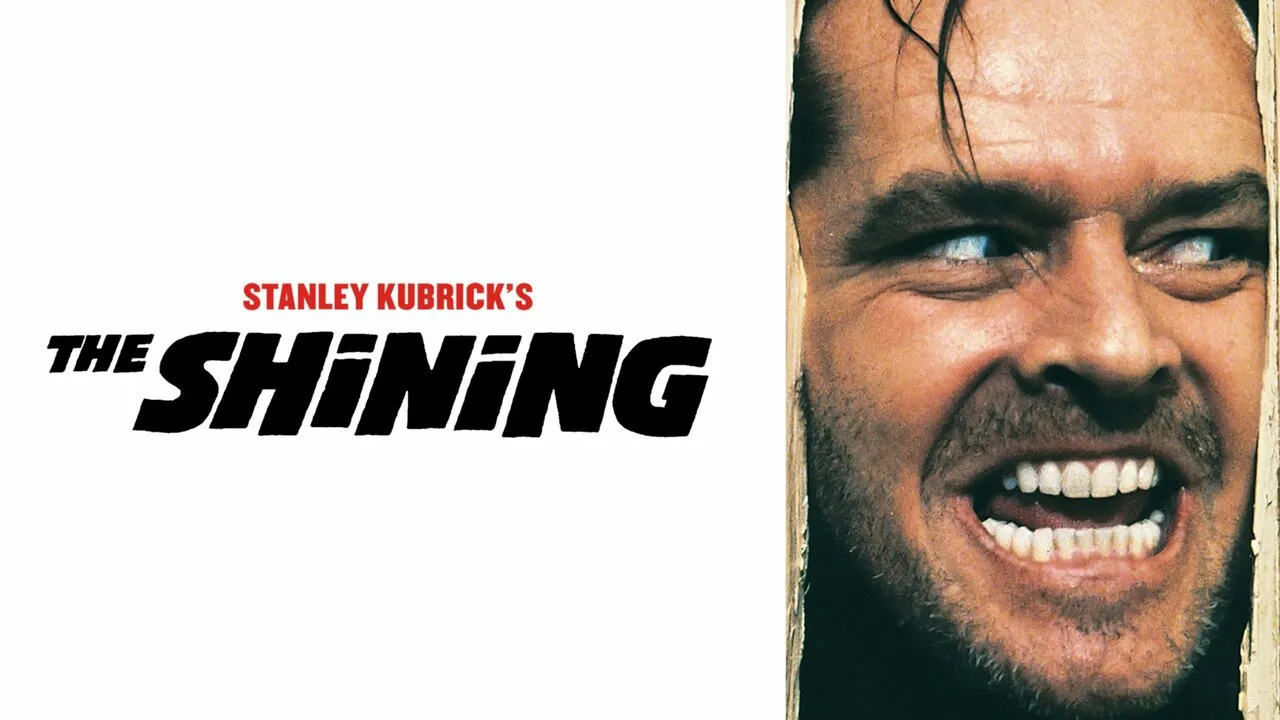Nearly two decades after the emotional thunderclap that was Brokeback Mountain (2005), Brokeback Mountain 2: Echoes of the Wind arrives not as a sequel in the traditional sense, but as a poetic meditation on grief, identity, and the shadows left by love. Directed by Chloé Zhao, this imagined continuation dares to ask: What happens after the mountain falls silent?
The story is set in the early 2000s, years after the death of Jack Twist (played in memory by the late Heath Ledger) and the aging of Ennis Del Mar (recast in his late fifties, portrayed with quiet devastation by Josh Brolin).
Ennis lives alone in Wyoming, still working cattle, still carrying the emotional scars from a life half-lived. His trailer is filled with reminders—an old postcard from Brokeback, a shirt tucked inside another, and a drawer full of letters never sent. When he receives a message from Lureen Newsome, Jack’s widow (Michelle Williams returning in a layered performance), saying their son Bobby Twist wants to meet him, Ennis is forced to reckon with the past.
What begins as an awkward reunion quickly turns into a shared journey. Bobby, now in his thirties, is himself wrestling with identity, legacy, and the silence surrounding his father’s life. Together, the two return to Brokeback Mountain—both literally and emotionally—to uncover what was lost and what might still be found.
Josh Brolin, taking on the mature Ennis, delivers a career-defining performance. He captures the internalized pain, the longing, and the regret of a man who never allowed himself to fully live—or love. His silences speak louder than words, and when he finally breaks down in a secluded mountain cabin, the weight of years becomes unbearable.
Jacob Elordi stars as Bobby Twist, giving the role subtlety and depth. Raised without full knowledge of his father’s life, Bobby seeks more than truth—he seeks understanding. His journey mirrors Jack’s in some ways: defiant, questioning, uncertain of how to exist in a world that still tries to define masculinity in narrow, suffocating terms.The chemistry between the two—tentative, tense, yet ultimately cathartic—forms the film’s emotional spine.
Echoes of the Wind is not a romantic sequel—it is a requiem. It explores how grief, especially for queer people in rural America, lingers like frost in the soul. It interrogates how silence—between lovers, between families, between generations—creates wounds deeper than time.But it’s not hopeless.

The film shows how connection, even between people separated by pain and history, can become a form of healing. As Ennis begins to share the truth of Jack—not just the affair, but the love—he begins to forgive himself. And in learning more about his father, Bobby begins to forgive the world that stole so much from them both.
Director Chloé Zhao turns the landscape into a character again. The wind is ever-present—whispering through pine, shaking tent flaps, echoing through valleys. Mountains rise like monuments to lost time, and the wide-open skies remind us of freedom, but also isolation.
The cinematography by Joshua James Richards is breathtaking: golden hour light on creased faces, snow falling in slow motion during a graveside visit, a still lake reflecting two figures standing yards apart. Nature doesn’t judge—it just remembers.
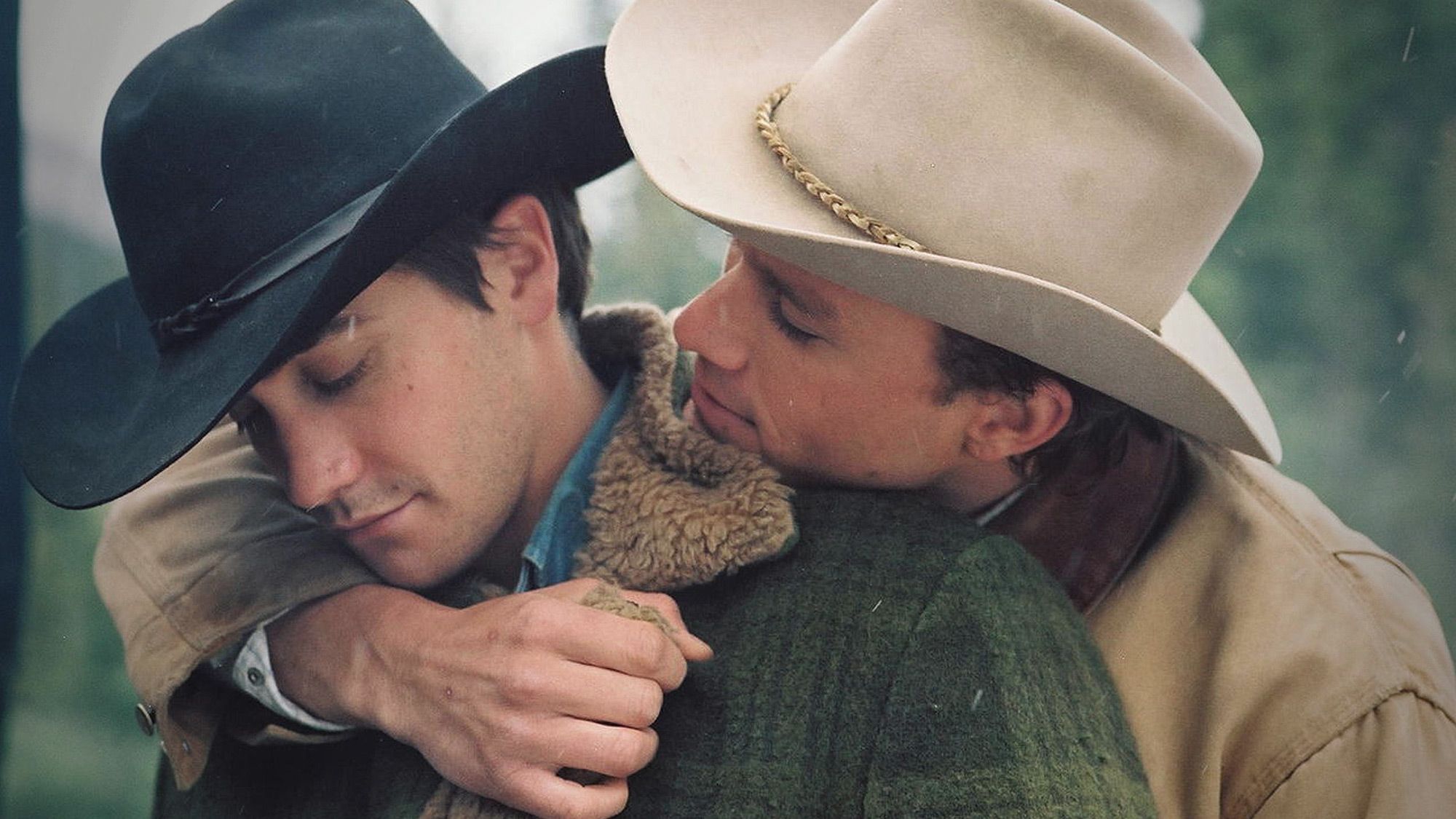
The score is subtle and melancholic, drawing from Gustavo Santaolalla’s original themes while layering new strings and distant harmonicas. At moments of emotional reckoning, the music disappears entirely, letting silence take over.
Sequels to landmark films always carry risk—especially one as intimate and defining as Brokeback Mountain. But Echoes of the Wind doesn’t try to replace or replicate the original. It honors it by asking what that love meant, not just to the men involved—but to those who came after.
The film doesn’t offer easy closure. There is no grand romantic reunion, no miraculous healing of every wound. But there is understanding. There is apology. There is legacy.
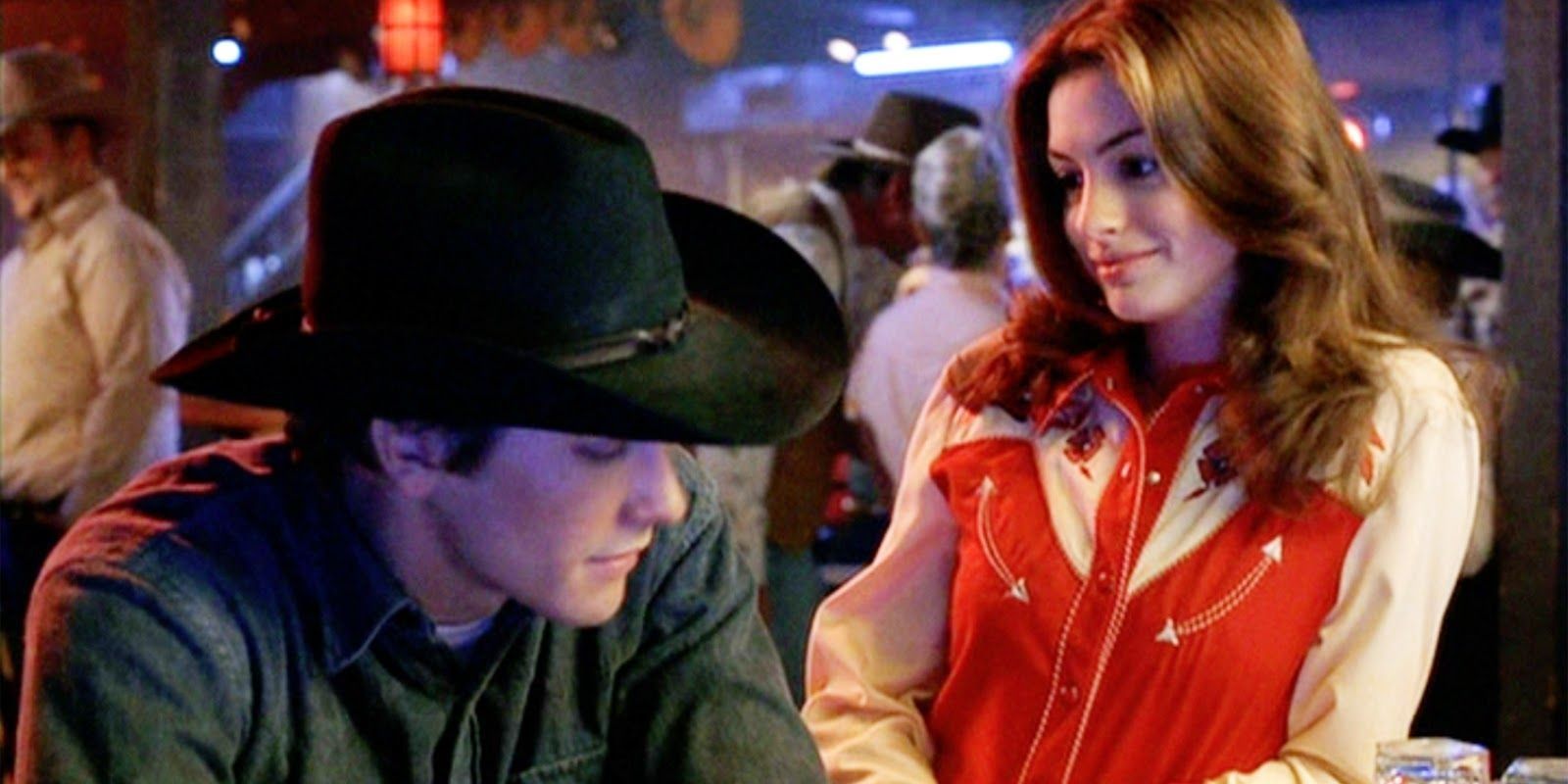
In the final scene, Ennis and Bobby sit by a campfire on Brokeback. Ennis, eyes wet, begins to tell a story he’s never shared. The camera pulls back—just two figures under a night sky. Wind rustles the trees. And somewhere, in the echo, Jack’s laugh lingers.
Brokeback Mountain 2: Echoes of the Wind is not loud. It does not roar. It doesn’t need to. It whispers, aches, and breathes. It invites us to mourn, reflect, and perhaps—just perhaps—hope.It reminds us that while love may be stolen by time or fear, its echoes still carry through the generations.

